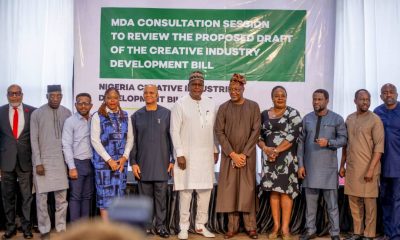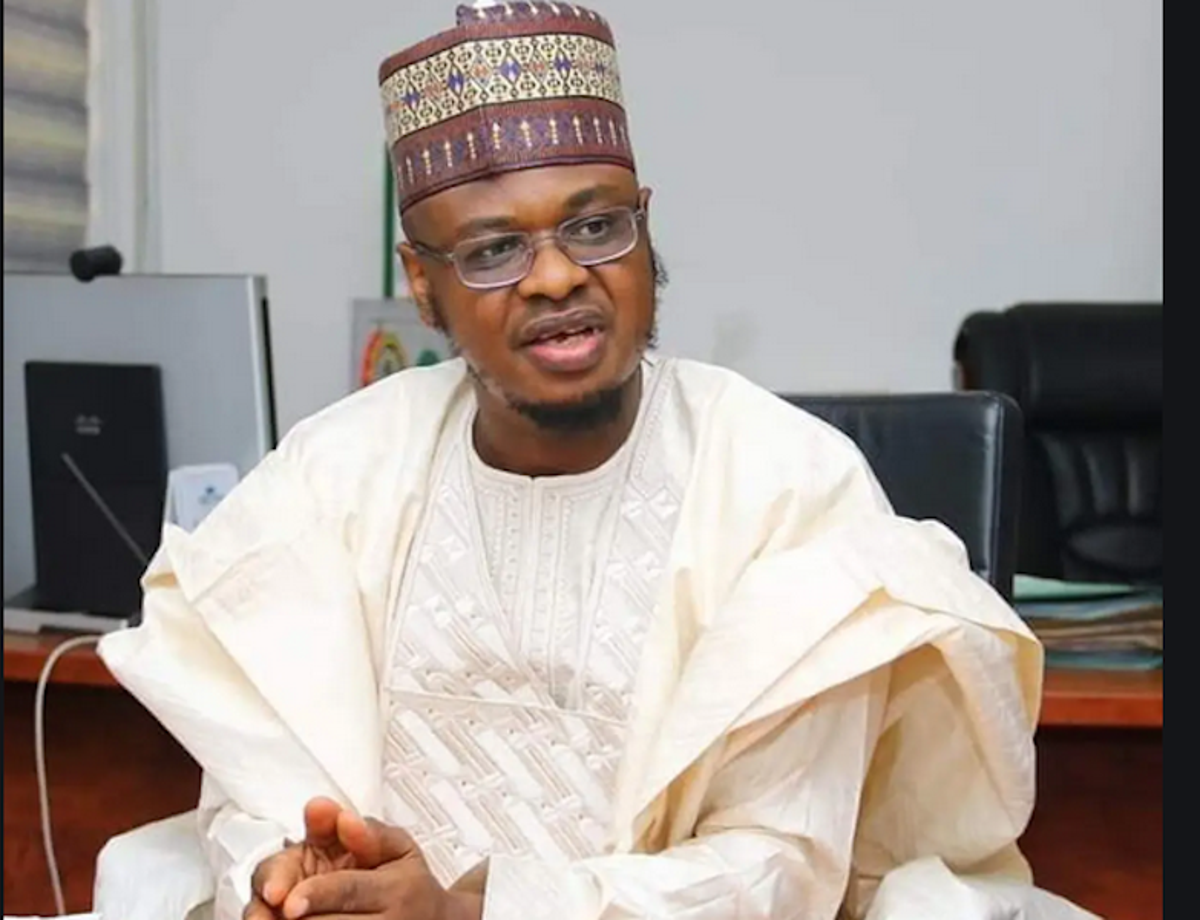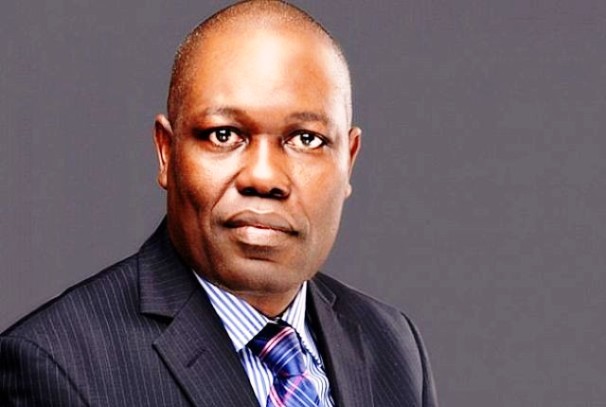By odunewu Segun
The minister of Budget and National Planning, Udoma Udoma has said the primary objective of the Nigerian government’s fiscal stimulus plan is not about selling off all major national assets but rather to raise funds to reflate the economy.
Speaking ahead of the Nigerian Economic Summit (NES) scheduled for October 10 and 12, Udoma said estimates from recent ministerial retreat showed the government would need between $10 and $15 billion (about N4.72 trillion) to stimulate economic recovery.
National Daily gathered that the stimulus plan, which is expected to be realised through assets sales, advance payment for license rounds, infrastructure concessionning, among others, to mobilise funds to make up for the shortfall in revenue to fund the over N6.06 trillion 2016 budget and stimulate economic growth.
“Government needs to inject a large dose of funds into the system to get the economy back on track and to faithfully implement those provisions in the capital budget tailored at reflating the economy and aiding the diversification process,” Udoma said.
ALSO SEE: Forex restrictions didn’t work in the best interest of Nigeria – Udoma
The minister said the economic team did not consider wise the option of additional borrowing and loans to fund the budget, in view of the unsustainable level of debt service.
The government, he said, was exploring several options in the asset sales proposal, including repurchasing of assets options, which includes provision for buy-back of those assets when the situation improves.
“Our goal is to unlock the economic potentials of the non-oil and high-employment generating sectors, to achieve sustainable and inclusive growth, ensure majority of Nigerians become more productive, and reduce poverty,” he said.
He said the government was working deliberately to diversify the country’s economy by ensuring the non-oil sector became the main driver, contributing the most to the gross domestic product (GDP) and controlling the most employment.
Such collaboration, he said, would provide avenue to forge a consensus on national development issues, while evolving a common strategy and policy framework for addressing constraints to national development.

 Health5 days ago
Health5 days ago
 Entertainment7 days ago
Entertainment7 days ago
 Crime6 days ago
Crime6 days ago
 Education1 week ago
Education1 week ago
 Health1 week ago
Health1 week ago
 Comments and Issues6 days ago
Comments and Issues6 days ago
 Football7 days ago
Football7 days ago
 Latest6 days ago
Latest6 days ago










